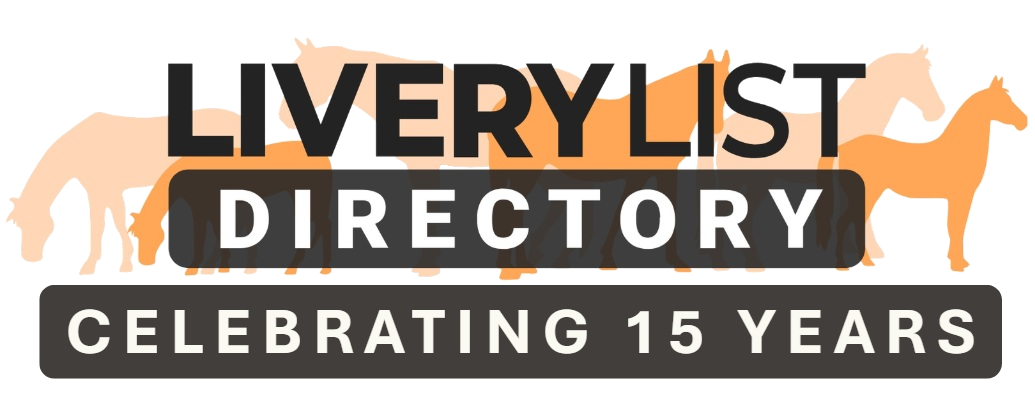Running a livery yard takes more than just knowing your way around horses these days. Many yard owners excel at horsemanship while struggling with the business aspects of their operation. The industry has changed dramatically over the past two decades, creating new challenges and opportunities.
 Modern yard managers juggle growing client expectations, increasingly complex regulations, and thin profit margins. It’s an exhausting balancing act. Those who seek to improve their business operations often find that targeted education gives them valuable knowledge, though fitting studies around busy yard schedules isn’t straightforward. When tackling the research components of higher-level qualifications, some managers consult Online thesis writing services to better understand academic requirements before developing their own research—a practical approach when balancing stable management with academic demands.
Modern yard managers juggle growing client expectations, increasingly complex regulations, and thin profit margins. It’s an exhausting balancing act. Those who seek to improve their business operations often find that targeted education gives them valuable knowledge, though fitting studies around busy yard schedules isn’t straightforward. When tackling the research components of higher-level qualifications, some managers consult Online thesis writing services to better understand academic requirements before developing their own research—a practical approach when balancing stable management with academic demands.
Qualifications That Enhance Business Skills
Not all equine courses deliver equal value to working yard owners. Here are programs that combine equine knowledge with business acumen:
Degree Programs With Industry Recognition
For those considering substantial educational investments:
- Hartpury’s BSc Equine Business Management program combines practical equine understanding with business principles. According to their documentation, graduates have secured positions at organizations like the Jockey Club and British Equestrian Federation. The program includes subjects like marketing, financial management, and industry-specific operations that directly apply to livery yard management.
- Royal Agricultural University’s Bloodstock and Equine Performance Management program offers specialized study for those interested in the performance horse sector. Their modules address commercial decision-making specifically tailored to equine contexts, with a focus on business practices in both thoroughbred and sports horse industries.
These programs typically require 3-4 years of full-time study, though many institutions offer part-time options that can be completed while maintaining business operations.
Shorter Qualifications For Busy Professionals
For knowledge needs without multi-year commitments:
- BHS Professional Qualifications are widely recognized across the industry. According to BHS data, 84% of workers in equine reported having one or more BHS qualifications. Their staged approach allows yard owners to progress at their own pace while managing their businesses.
- Chartered Institute of Marketing (CIM) Level 3 Award in Marketing Principles is offered as a complementary qualification by institutions like Hartpury. This can provide practical tools for yard promotion and client acquisition—valuable skills for business growth.
These shorter qualifications can typically be completed in months rather than years, making them more accessible alongside daily yard responsibilities.
Potential Business Benefits
Academic qualifications can enhance several aspects of yard management:
Improved Client Communication
Education in equine science and business can enhance client interactions in various ways:
- Understanding the science behind equine care allows for more informed explanations of management decisions, potentially reducing client questions or concerns about yard practices.
- Business training can help develop clearer service agreements and contracts, possibly preventing misunderstandings before they escalate into disputes.
Enhanced Financial Management
Business-focused modules can provide valuable financial skills:
- Learning proper cost analysis might help identify areas where pricing structures need adjustment or where operational costs could be reduced.
- Understanding seasonal business patterns could inform strategies for managing quieter periods through specialized offerings or adjusted pricing models.
Business Diversification Opportunities
Education can reveal possibilities beyond traditional livery:
- Knowledge of equine rehabilitation principles could inform the development of specialized services that complement existing yard offerings.
- Training in equine performance could support the creation of structured training programs for competition horses, potentially attracting a different client demographic.
Balancing Education With Yard Management
Completing qualifications while running a yard requires careful planning:
Flexible Study Options
Many equine programs now accommodate working professionals:
- Distance learning components allow study during quieter periods or after yard duties.
- Weekend and evening study options work around typical yard schedules, with some programs offering intensive sessions during traditionally quieter winter months.
Practical Application
The most valuable approach often involves immediately applying new knowledge:
- Course assignments can be directed toward solving actual business challenges, creating dual benefits from the same work.
- Implementing new management techniques learned through studies allows immediate testing of their effectiveness in a real-world setting.
Financial Support For Education
Several options can make educational investments more manageable:
- The BHS Career Transition Fund offers support for qualifying applicants, as noted on their website, which “can support you with vouchers towards training or assessments.”
- Educational institutions frequently offer payment plans that spread costs over time, potentially aligning better with business cash flow.
The equine industry continues evolving with increasing professionalization. Yard owners who complement their practical experience with business education may be better positioned to adapt to changing market demands and regulatory requirements, potentially creating more sustainable businesses for the future.
